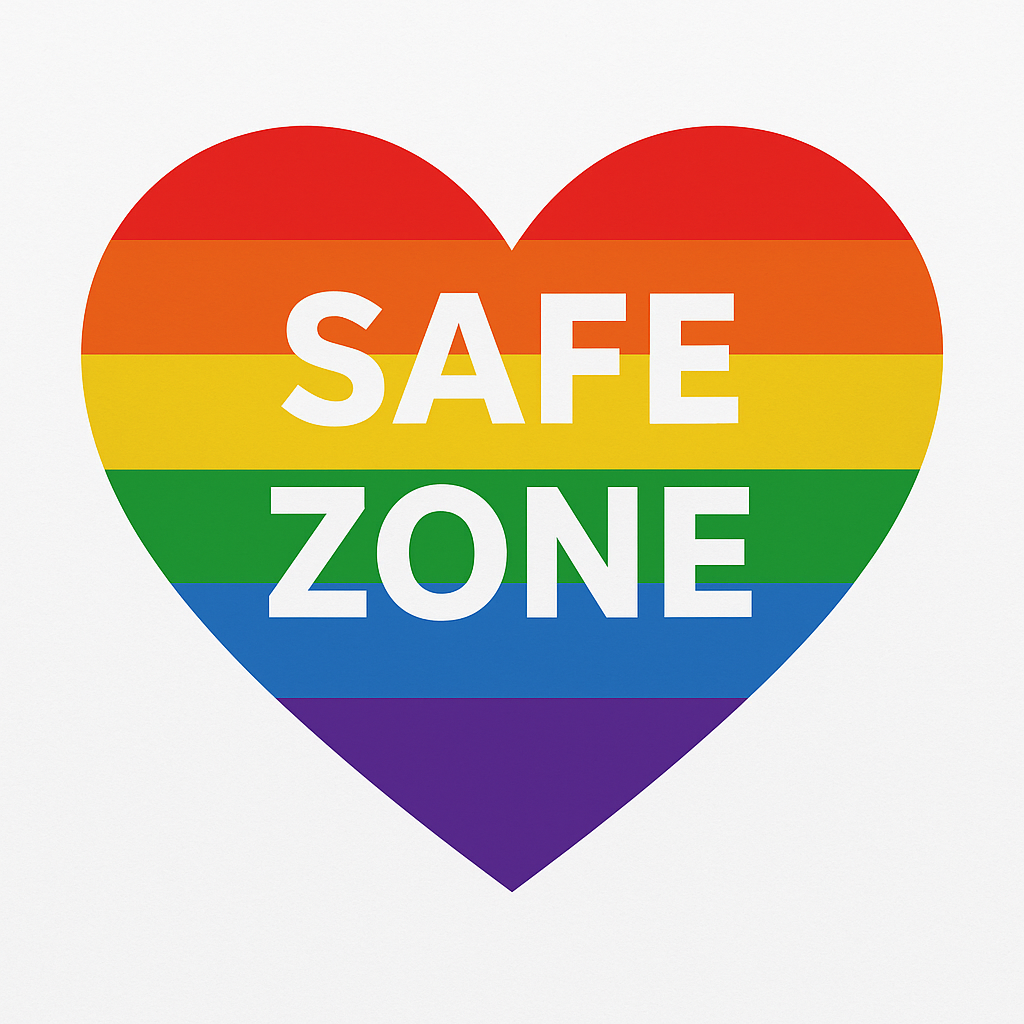Tales of the Daily Doubleshot...When It Is So Much More than Teacher Burnout
This picture was taken nine days before my last day as a school social worker. I barely remember taking it, as I was also moving to another city seven days later and life was pretty much a blur. Thank God for Instagram which helped me remember that four of the five iced coffees are "doubleshots" which means they each have three shots of espresso in them. I delivered this coffee order at the start of my day around 8:00am (okay fine it was 9:00), and for most of my friends this was their 2nd or 3rd caffeinated beverage of the day. While I chuckle at the insane amount of caffeine that I used to use to get through each day, this picture also represents a group of bad ass women that are some of the most talented individuals I ever had the pleasure of working with. These were the caffeinated lengths that they went to each day to give their students their absolute best. Most people have absolutely no idea the true strength it takes to be a teacher in today's public schools.
The word teacher has come to be defined as parent, counselor, social worker, entertainer, and friend. We are asking humans to become superhuman and do the impossible without the resources and support to do so. The overwhelming majority of teachers that I have worked with are the hardest working individuals that I know, but many of them have either left the profession entirely, or are living with severe mental health conditions that are the result of their working environment.
I have watched my teachers be dismissed as simply "burned out" as if they aren't more than a pile of ash that someone needs to clean up and put in the garbage can. Among other things, what burnout actually refers to is diminished feelings of personal accomplishment, apathy, hopelessness, and fatigue that is the result of administrative stressors such as too much paperwork, large caseloads and an unsupportive and demanding work environment. I've seen it mostly described as being self-inflicted with the emphasis on what teachers can do better to help themselves or manage their time more efficiently. While for some that may be true, what I've found is that most are dealing with something so much more than that and they are in dire need of quality mental health support.
Based on my experience far more educators are actually dealing with a condition called Secondary Traumatic Stress (STS), sometimes referred to as Compassion Fatigue (Figley, 1995). STS occurs from one indirect trauma exposure (ie hearing something that happened to a student) or the accumulated impact of working with individuals affected by trauma. It often develops as a result of making empathic connections with individuals with a high exposure rate of trauma. Any teacher at any school can be affected but teachers in our Title 1 schools, or those with high percentages of students who fall below the poverty line, as well as Special Education teachers are especially susceptible. Symptoms of STS vary but often mimic those of Post Traumatic Stress Disorder (PTSD) and can include: Chronic exhaustion (physical and emotional), social isolation, irritability or anger, feelings of hopelessness or pessimism, diminished feelings of personal accomplishment, hypervigilence (feeling like all needs are urgent and super important), excessive alcohol use, drug use, overeating, intrusive thoughts of students outside of school, and sleep disturbances. Also, let’s not forget those that have had direct trauma exposure during the day, and have absolutely developed full blown PTSD. I’m looking at you my fearless teachers that have been kicked, hit, bit, or had to duck and roll from being hit by furniture, or your own radio (oh wait that one was me). And last but not least, let’s not forget those of us that are survivors of mass shootings, and still have to walk through the motions of active shooter drills several times a year, reliving what for us is so much more than a drill.
Systemically we are actively ignoring it and it's not right. Teachers and helping professionals deserve more than just one slide on a professional development presentation telling them to take care of themselves. Superficial statements like those may be well meaning but they place the burden solely on the teacher to figure out what they are doing wrong and manage their time better and it's not right.
Meaningful self-care is multifaceted and requires an in depth look at both the person and the organization. One thing I know for sure though is that it doesn't have to stay this way. Raising awareness of compassion fatigue and the spectrum of stress is critical to keeping quality teachers and other helping professionals in the fields that they once loved. It is my goal to support teachers and other helping professionals with high incidences of trauma exposure to heal from the spectrum of stress and start living their lives again. If you are a teacher, and no one has told you today, I want you to hear that YOU ARE STRONG, YOU ARE IMPORTANT, and YOU ARE ENOUGH!





